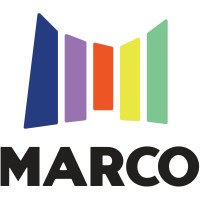
Illinois Helpline
The Helpline is the only statewide, public resource for finding substance use treatment and recovery services in Illinois. The Helpline refers to hundreds of treatment and recovery providers across Illinois, and we don’t operate any treatment programs. Helpline services are always free and confidential. Our goal is to guide you to the treatment options that are best for you. The Helpline is 24/7/365, confidential resource information and referral hub for connecting Folx to harm reduction, treatment/recovery and support information and services across the state.






